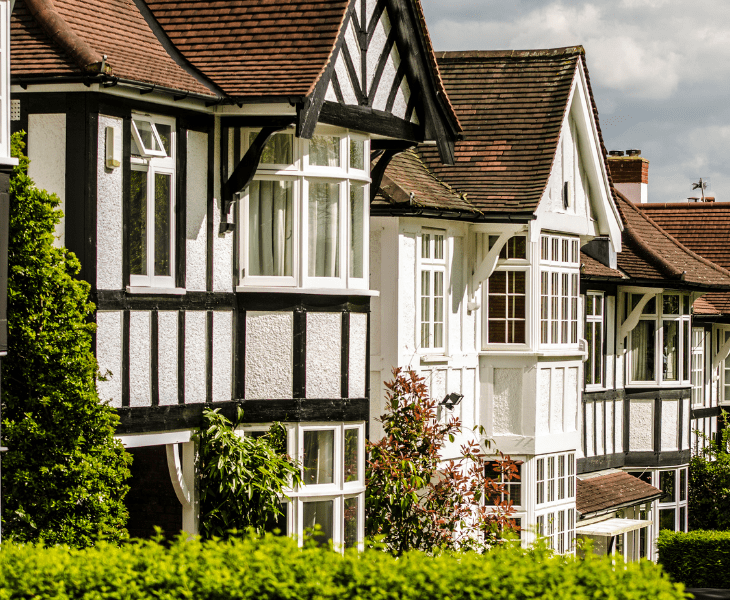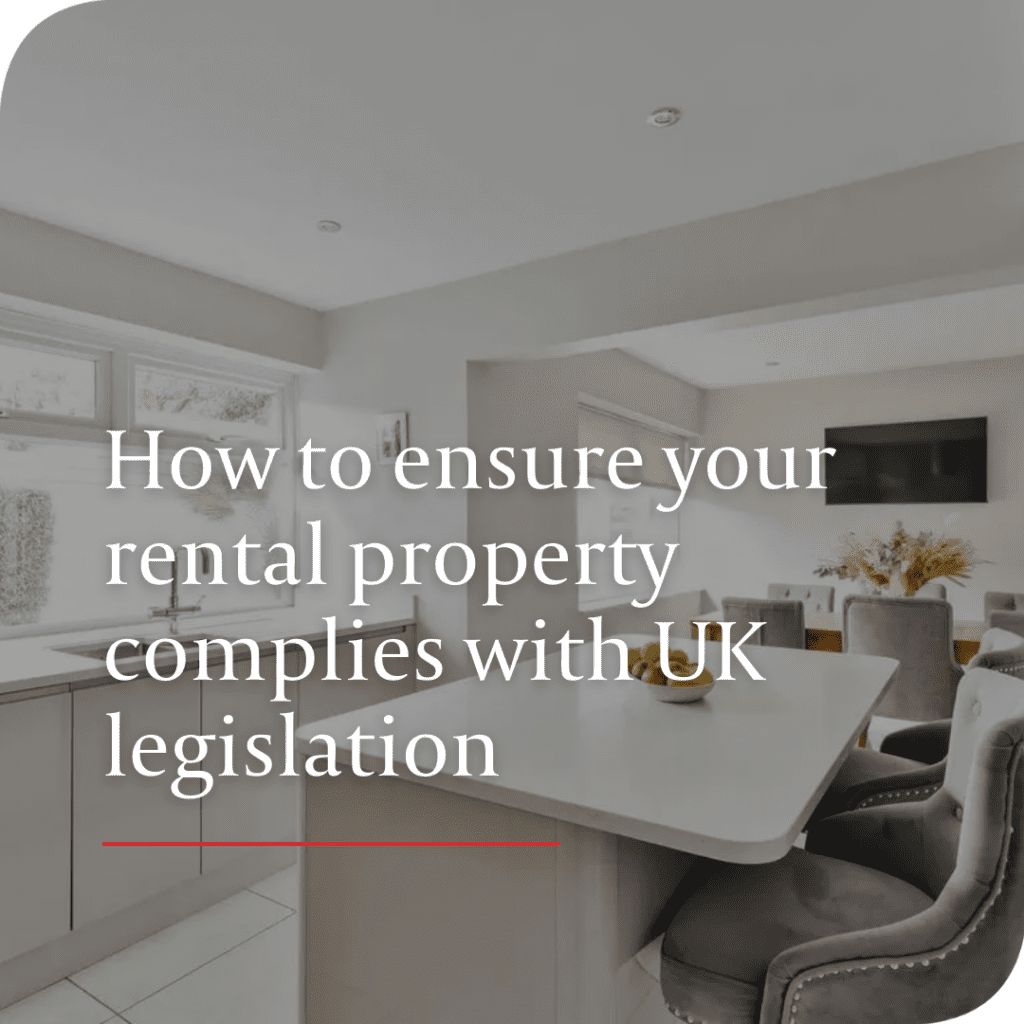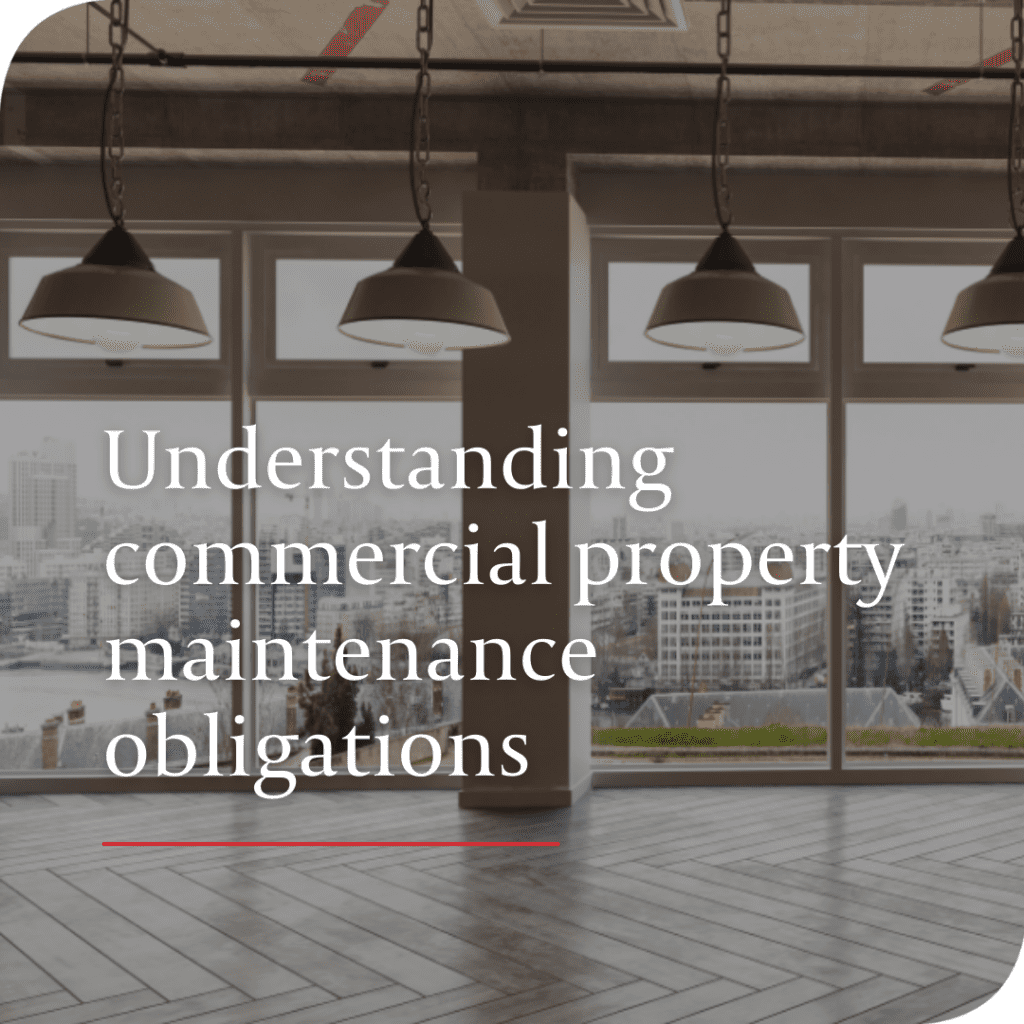
What does this new regulation mean for landlords. What steps will they have to take? And when does this take place? We have the answers for all these questions in this blog.
The new regulations have now been laid before parliament and if agreed, will take effect on 1 October 2022. The main effect of the new regulations is to amend the Smoke and Carbon Monoxide Regulations 2015 (2015/1693). This will remove the exemption of social landlords, so that from October housing associations and local authority landlords will be subject to the 2015 regulations.
While housing associations report a 95% rate of compliance already with these regulations (even though they have not previously applied in our sector), we welcome the new regulations because where safety issues are involved we think the legal requirements should apply equally to social housing and the private rented sector.
In cases where repair or replacement of an alarm is necessary, the obligation on landlords is to act ‘as soon as reasonably practical’ after being advised of the problem.
The amendment regulations will mean:
- Social landlords will be required to provide a smoke alarm on every storey of their properties where there is a room used wholly or partly as living accommodation.
- Both social and private landlords will be required to provide carbon monoxide alarms in any room of their properties used wholly or partly as living accommodation where a fixed combustion appliance is present (excluding gas cookers).
- There will be a new obligation on all landlords to repair or replace any alarm which is found to be faulty during the period of a tenancy, and landlords will be required to repair or replace alarms as soon as reasonably practicable.
For further information visit National Housing Federation
Neil Simmons, Lettings Manager, says:
“Whilst this is a relatively minor amendment to the original regulations in 2015, it is good to get the social and private sectors aligned with these changes. We have been advising landlords it is best practice to also provide a carbon monoxide alarm in a room with a gas or solid fuel appliance since the 2015 regulations came into force so this shouldn’t affect too many of our clients, it will just become a legal requirement to do so. Our lettings teams will always be on hand to provide you with the most up to date and best advice on how to prepare your property for letting and what your obligations are as a landlord.”
Source: National Housing Federation
Other articles you might enjoy


